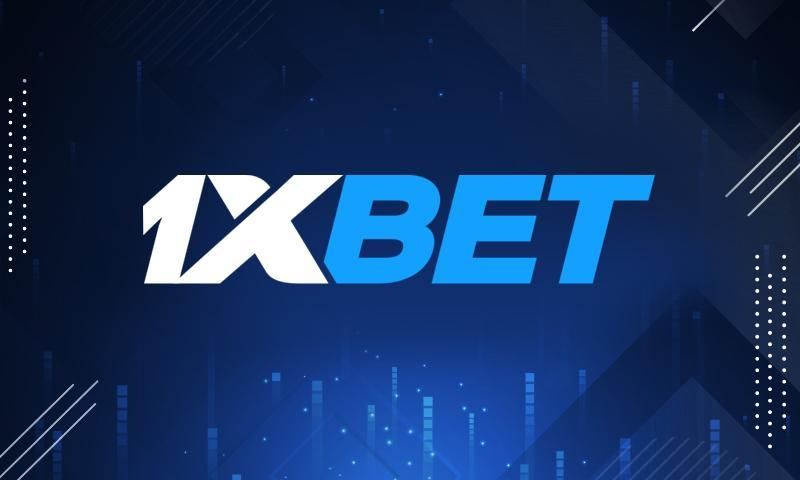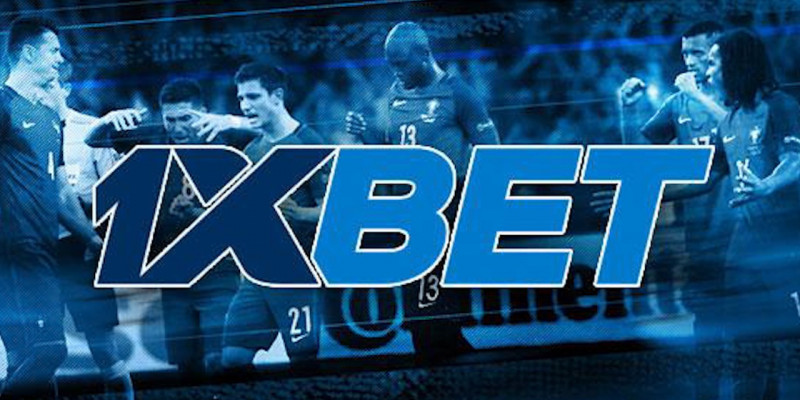We would like to hear from you with any feedback about our website or products.
The Modern Guide to sports betting Strategy, Psychology, and Technology

Sports betting can be exciting and intellectually stimulating; for newcomers, platforms such as sports betting 1xbet pakistan offer easy access to a wide range of markets and events. Whether you want to place a casual wager on a weekend game or develop a systematic approach as a serious bettor, understanding fundamentals and modern trends is essential. This guide explores the landscape of sports betting, practical strategies, risk management, and the role of technology and regulation in shaping safer, smarter play.
At its core, sports betting is the act of predicting sports outcomes and staking money on those predictions. Markets range from simple match-winner bets to complex proposition bets and multi-leg parlays. Key bet types include moneyline (straight win), point spread (handicap to balance uneven matchups), totals (over/under), futures (long-term outcomes like season champions), and props (event-specific occurrences). Each market carries different odds and value opportunities depending on how efficiently bookmakers set prices relative to true probabilities.
Understanding odds is fundamental. Odds are the bookmaker’s expression of probability and determine potential payouts. Decimal, fractional, and American formats convey the same information differently. More important than format is converting odds into implied probability and comparing that to your own estimated probability for the outcome. Value exists when your estimated probability exceeds the implied probability derived from the bookmaker’s odds—this is the foundation of profitable long-term betting.
Bankroll management separates recreational bettors from those who hope to be profitable. Allocate a dedicated bankroll you can afford to lose and set stake sizes as a fixed percentage of that bankroll—commonly 1–5% per bet depending on your risk tolerance and edge consistency. Avoid “chasing” losses with larger bets; such behavior increases volatility and can deplete your ability to benefit from a positive expected value over time. Keeping a staking plan and a betting journal to track wagers, outcomes, and reasoning improves discipline and helps refine strategy.
Edge production is the continuous challenge. Some bettors specialize in a niche—lower-profile leagues, certain sports, or specific markets—where information inefficiencies are more likely. Others use statistical models and data analysis to find mispricings. Incorporating situational factors (injuries, lineup changes, weather, travel schedules) and understanding market behavior (how line movement reflects sharp money or public bias) can create opportunities. Always focus on repeatable advantages rather than one-off insights.
Live or in-play betting has transformed the market by enabling wagers during events. This increases opportunities but also demands rapid assessment and discipline. Live markets often react emotionally or mechanically to early-game events, sometimes creating temporary value. However, live odds move quickly and require a clear plan—avoid impulsive bets and consider whether you have an informational or analytical edge in real time before staking money.

Analytics and technology now play an outsized role in modern sports betting. Publicly available advanced statistics, machine learning models, and automation tools let bettors process large datasets and simulate outcomes. While these tools can reveal subtle patterns, remember that overfitting, data quality, and model bias are real pitfalls. Successful quantitative bettors spend more time validating models, stress-testing assumptions, and managing variance than tuning hyperparameters for small gains.
Psychology matters. Cognitive biases—confirmation bias, recency bias, gambler’s fallacy—can distort judgment. Emotional attachments to favorite teams or high-profile players often lead to poorer decisions and inflated stakes. Adopt a mindset of continuous learning and objective evaluation: record reasons for each bet, review results, and be willing to adjust methods based on evidence rather than hunches.
Regulation and responsible gambling frameworks have expanded globally. Licensed bookmakers are subject to oversight that aims to ensure fair play, market integrity, and consumer protection. Responsible gambling tools such as deposit limits, self-exclusion, and reality checks help mitigate harm. Legal frameworks vary by jurisdiction, so always confirm the regulatory status of operators in your region and use licensed platforms to reduce fraud risk and preserve rights as a consumer.
Bankroll aside, bet selection and market timing are crucial. Avoid overexposure to correlated events (e.g., many parlays containing the same team) and diversify across independent opportunities to smooth variance. Evaluate markets in order of informational advantage: if you have superior knowledge about player rotations or local conditions, focus on those areas. If you’re model-driven, consider markets with less automated pricing where human oversight by bookmakers creates inefficiencies.
Common pitfalls include betting too frequently, ignoring edge, and misjudging volatility. The entertainment value of betting can tempt bettors to place wagers without an underlying edge—this is a recipe for long-term losses. Also, overreliance on tips or paid services without verification often leads to disappointment; assess tipsters critically and prefer transparent track records.
For those wanting a plan to improve: start by defining objectives (recreation vs. profit), set a bankroll and staking plan, specialize in a manageable niche, keep detailed records, and review performance periodically. Learn to quantify your edge and be realistic about expected returns; a small consistent edge compounded over thousands of bets is what creates sustainable returns, not occasional big wins.
Finally, combine technical skills with sound judgment. Use analytics and automation where they help, but respect the human elements of context and risk management. Treat sports betting like any other informed speculative activity: identify edges, manage capital, control emotions, and operate within legal and ethical boundaries. Whether you bet casually or aim for a career in the industry, a disciplined approach will make the experience more enjoyable and the results more consistent.
